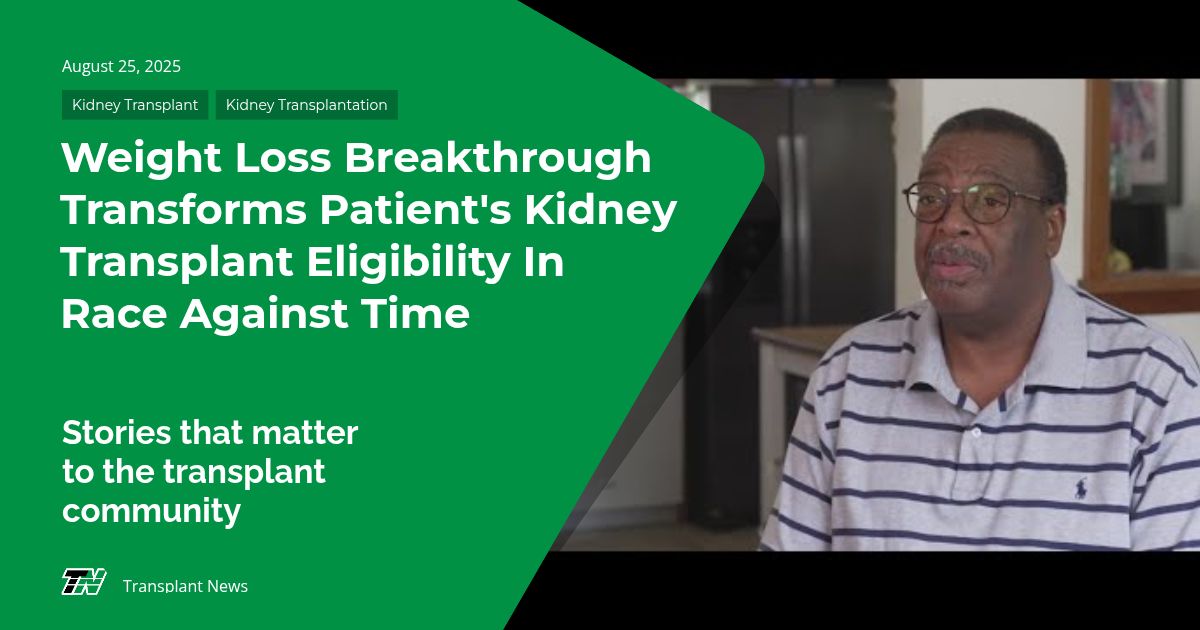USA: A groundbreaking transformation is underway in the world of organ transplantation, particularly for patients grappling with severe obesity. Johnny Alexander, a truck driver whose passion for cars was overshadowed by failing health, faced a daunting reality: his kidneys were failing, and at 305 pounds, he was deemed ineligible for a life-saving kidney transplant. Dialysis was his only lifeline, rendering him a slave to a machine while he desperately sought a solution.
Enter Dr. Priya Singh of the Ohio State University Wexner Medical Center, who has been pioneering research on GLP-1 weight loss injections. These injections could be the key to unlocking the transplant door for patients like Johnny. Traditionally, a high body mass index significantly raises surgical risks, making many potential candidates, unfortunately, unviable for transplantation. However, thanks to Dr. Singh’s innovative clinic focused on diabetic patients, an opening has emerged where hope once seemed lost.
After joining Dr. Singh’s program, Johnny experienced a remarkable transformation. Within three months, he lost 30 pounds, and in a whirlwind of emotions, he learned that he was now eligible for a kidney transplant. This pivotal moment highlights a revolutionary approach in medical treatment: not just focusing on the transplant itself, but also on sustainable lifestyle changes that ensure long-term success post-transplant.
The implications of this research are profound, indicating that patients can—and should—continue using GLP-1 injections even after transplantation. This approach not only supports kidney function but also encourages a holistic consideration of patient health. Johnny’s journey is a testament to the evolving landscape of organ transplantation, where innovation meets hope, giving countless individuals a fighting chance at a healthier life.

